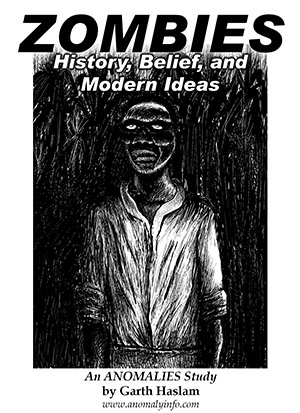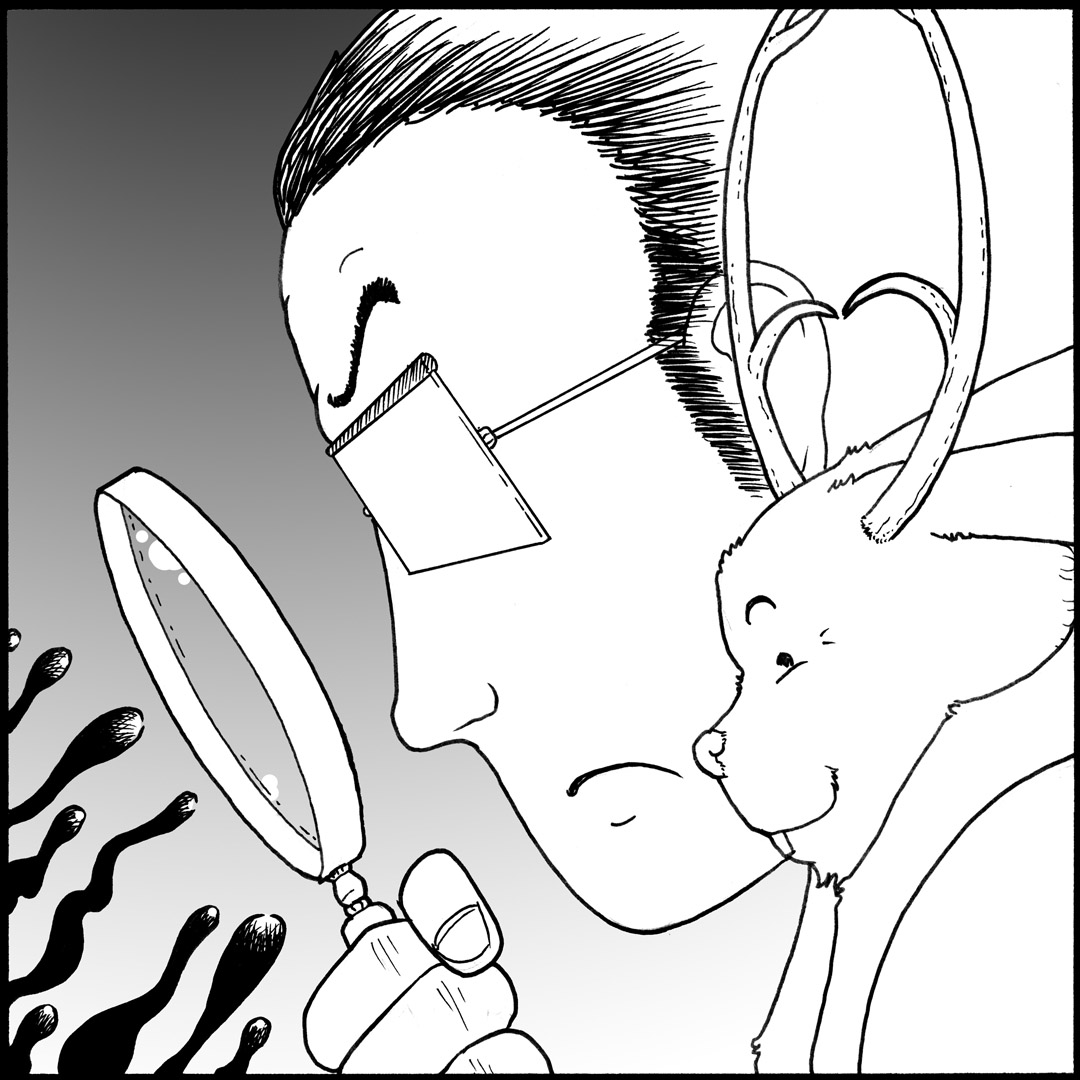EXTRA: William of Newburgh's Account of the Green Children
This is the translation of Historia Rerum Anglicarum by William of Newburgh as it was presented in 1856 by Joseph Stevenson:
“Nor does it seem right to pass over an unheard-of prodigy, which, as is well known, took place in England during the reign of King Stephen. Though it is asserted by many, yet I have long been in doubt concerning the matter, and deemed it ridiculous to give credit to a circumstance supported on no rational foundation, or at least one of a very mysterious character; yet, at length I was so overwhelmed by the weight of so many and such competent witnesses, that I have been compelled to believe, and wonder over a matter, which I was unable to comprehend, or unravel, by any powers of intellect.
“In East Anglia there is a village, distant, as it is said, four or five miles from the noble monastery of the blessed king and martyr, Edmund; near this place are seen some very ancient cavities, called ‘Wolfpittes’, that is, in English, ‘Pits for wolves’, and which give their name to the adjacent village [Wulpet, a market town]. During harvest, while the reapers were employed in gathering in the produce of the fields, two children, a boy and a girl, completely green in their persons, and clad in garments of a strange colour, and unknown materials, emerged from these excavations. While wandering through the fields in astonishment, they were seized by the reapers, and conducted to the village, and many persons coming to see so novel a sight, they were kept some days without food. But, when they were nearly exhausted with hunger, and yet could relish no species of support which was offered to them, it happened, that some beans were brought in from the field, which they immediately seized with avidity, and examined the stalk for the pulse, but not finding it in the hollow of the stalk, they wept bitterly. Upon this, one of the bystanders, taking the beans from the pods, offered them to the children, who seized them directly, and ate them with pleasure. By this food they were supported for many months, until they learned the use of bread. At length, by degrees, they changed their original colour, through the natural effect of our food, and became like ourselves, and also learned our language. It seemed fitting to certain discreet persons that they should receive the sacrament of baptism, which was administered accordingly. The boy, who appeared to be the younger, surviving the baptism but a little time, died prematurely; his sister, however, continued in good health, and differed not in the least from the women of our own country. Afterwards, as it is reported, she was married at Lynne, and was living a few years since, at least, so they say. Moreover, after they had acquired our language, on being asked who and whence they were, they are said to have replied, ‘We are inhabitants of the land of St Martin, who is regarded with peculiar veneration in the country which gave us birth.’ Being further asked where that land was, and how they came thence hither, they answered, ‘We are ignorant of both those circumstances; we only remember this, that on a certain day, when we were feeding our father’s flocks in the fields, we heard a great sound, such as we are now accustomed to hear at St Edmund’s, when the bells are chiming; and whilst listening to the sound in admiration, we became on a sudden, as it were, entranced, and found ourselves among you in the fields where you were reaping.’ Being questioned whether in that land they believed in Christ, or whether the sun arose, they replied that the country was Christian, and possessed churches; but said they, ‘ The sun does not rise upon our countrymen; our land is little cheered by its beams; we are contented with that twilight, which, among you, precedes the sun-rise, or follows the sun-set. Moreover, a certain luminous country is seen, not far distant from ours, and divided from it by a very considerable river.’ These, and many other matters, too numerous to particularize, they are said to have recounted to curious inquirers. Let every one say as he pleases, and reason on such matters according to his abilities; I feel no regret at having recorded an event so prodigious and miraculous.”
Anomalies -- the Strange & Unexplained, as well as my other website -- Monsters Here & There -- are supported by patrons, people like you! All new Anomalies articles are now posted for my patrons only, along with exclusive content made just for them. You can become a patron for just $1 a month!
|







